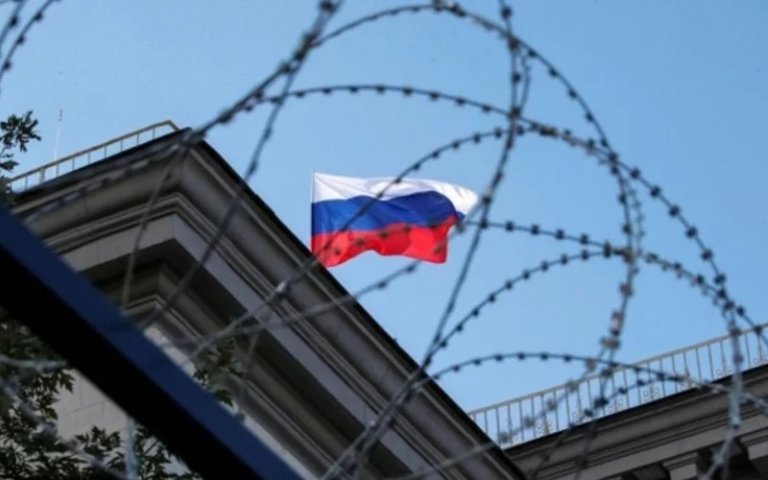From now on, proceeds obtained from violating EU restrictive sanctions or assets used for violating restrictive measures will be confiscated for the benefit of Ukraine.
The European Parliament supported a thematic report in support of the European Commission’s proposals to the Directive defining criminal liability and punishment for violating EU restrictive measures. 543 deputies voted in favor, 45 voted against, and 27 abstained.
The document contains a legal definition of cases of violating the EU sanctions regime and their circumvention, including actions by individuals or legal entities, which, in particular, involve exporting prohibited goods through third countries or conducting transactions, aware that their ultimate consumer may be a jurisdiction subject to EU restrictive measures.
In turn, individuals engaging in such violations will be subject to criminal liability and financial penalties in accordance with EU legislation and the national legislation of member countries.
At the same time, funds confiscated as punishment for violating the sanction regime are planned to be transferred to the reconstruction of Ukraine.
“Incomes obtained from violating EU restrictive sanctions or assets used for violating restrictive measures must be subject to confiscation. In cases where mentioned assets are confiscated due to Russia’s aggressive war against Ukraine or crimes associated with it, without considering compensation to victims or communities during criminal proceedings, confiscated assets or network profits derived from the liquidation of such assets should be allocated for Ukraine’s reconstruction,” the document states.
The document also specifies that punitive sanctions will not apply to goods or money transfers intended for personal everyday use, including food, essential items, and basic services for individuals or their dependent family members.
Operations and transactions related to providing humanitarian assistance under the auspices of the UN or associated humanitarian international organizations also do not fall under criminal liability.
However, for violations of EU sanctions or their circumvention, the Directive provides for imprisonment and fines.
• For violations resulting in financial losses exceeding 50,000 euros, a minimum imprisonment term of 1 year is provided. • For amounts exceeding 100,000 euros, the minimum imprisonment term increases to 5 years.
Penalties are also established for these offenses. In particular, penalties for individuals or legal entities for violating EU sanctions through financial transactions or other economic aid measures using EU resources exceeding 100,000 euros are set at a minimum of 10,000,000 euros.
The document obliges EU member states to take necessary measures so that “violations of EU restrictive measures by any natural person, legal person, institution, or organization are prosecuted as a criminal offense if such actions are carried out knowingly and fall under the signs defined by this document.”
Actions subject to criminal liability include:
• Direct or indirect provision of any funds or financial resources to persons or entities subject to EU sanctions.
• Permission for such persons to enter EU territory, including its airspace and maritime space.
• Transit through EU territory or its member countries.
• Any transactions or state orders in favor of countries or entities directly or indirectly controlled by third countries or entities of third countries subject to EU restrictive measures.
• Trading goods, services, or technologies, their import, export, sale, purchase, transfer, transit, or transportation if such actions are prohibited by EU restrictive measures.
Photo: open sources






























